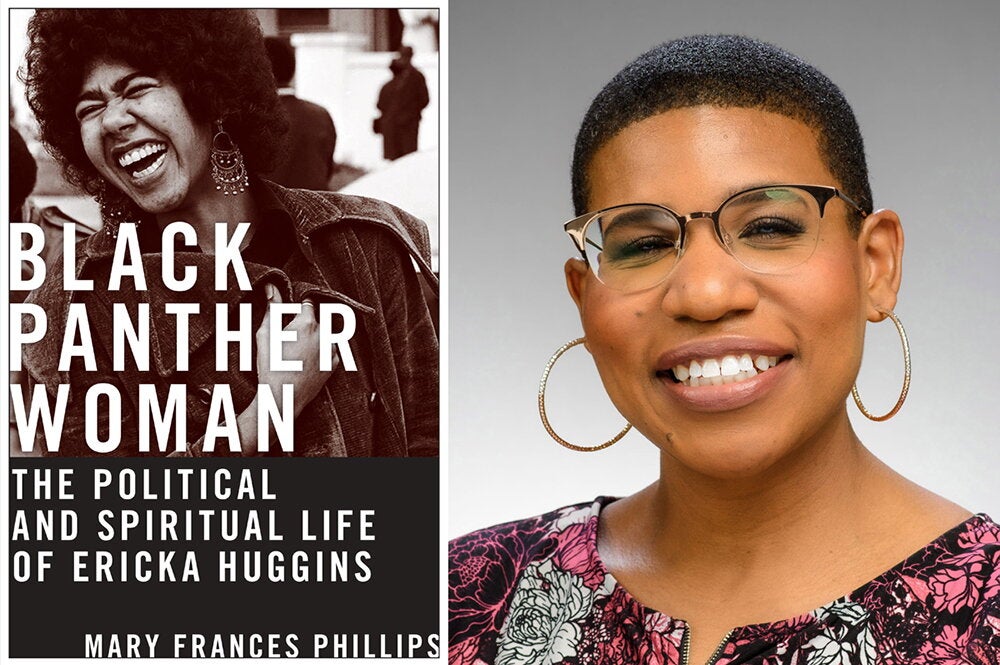

When it comes to protecting teenagers from dangers on the Internet, there's such thing as being too vigilant, according to a researcher at the University of Illinois.
Brendesha Tynes, an assistant professor of educational psychology and African American studies, acknowledges the risk of online predators, cyber bullies, hate groups, and other harmful influences in social Internet sites. Yet she counters that banning or monitoring Internet interaction too closely could undermine a potentially valuable avenue for teenage development.
"The educational and psychosocial benefits of this type of communication can far outweigh the potential dangers," Tynes wrote in an essay, "Internet Safety Gone Wild?" published in the Journal of Adolescent Research.
Online discussion on sites such as Facebook, MySpace, and chat groups can help teenagers develop critical thinking and argumentation skills, Tynes says. She adds that teenagers can find support from peers, explore their identity, gain exposure to new perspectives, ask homework questions, and talk about sensitive issues they might not dare ask about face to face.
Race and ethnicity are a common theme in online discussion among adolescents. In one study of open-topic chat rooms, Tynes found that race was mentioned in 38 of 39 discussions. While inappropriate comments are routine in these anonymous chats, she says, the positive outcomes related to interracial interaction online are "myriad."
One example in her essay shows how an insensitive remark about race is met with consternation by other participants in a teen discussion forum. One user provides what Tynes calls "genuine evidence" to the contrary—in this case citing inventions by African Americans—thus using a practice typical in educational settings to establish whether a claim is valid.
There are other positive outcomes, she says. People who believe racism no longer exists can find it online, Tynes says, while others are emboldened by their anonymity to ask serious questions about race or ethnicity that they would be afraid to ask in person.
Instead of trying to curtail Internet usage, Tynes says, parents and educators should maintain open and honest dialogue with teens about the dangers and benefits of online interaction. They can also help teenagers implement privacy settings on web sites, or teach them exit strategies when they feel uncomfortable or threatened, although tech-savvy teens, she says, are already developing their own strategies for staying safe.
Parents and educators, she says, should view the Internet as a training ground for adult life.
"Rather than sensationalizing the dangers, we need to educate parents about the positive aspects of the Internet as well as about necessary precautions that they and their adolescents can take," she suggests.


